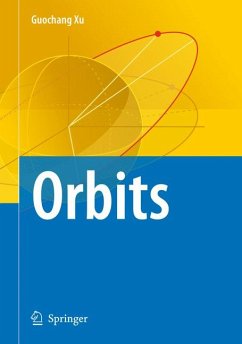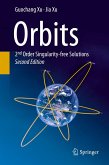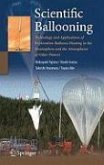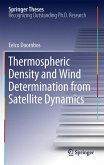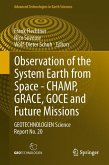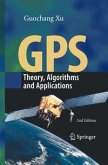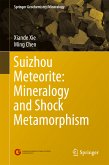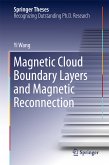The purpose of this reference and handbook is to describe and to derive the analytic solutionsoftheequationsofsatellitemotionperturbedbyextraterrestrialandgeo- tential disturbances of the second order. The equations of satellite motion perturbed by extraterrestrial disturbances are solved by means of discretization and appr- imated potential function as well as Gaussian equations. The equations perturbed by geopotential disturbances are solved by symbolic mathematical operations. The traditional problem of singularity in the solutions is solved by so-called singulari- free orbit theory. Simpli?ed disturbed equations of motion are proposed to simplify the solutions. Applications of the theory for analytic orbit determination are also discussed. Indeed, this is the ?rst book since the satellite era, which describes s- tematically the orbit theory with analytical solutions, with respect to all of extrat- restrial and geopotential disturbances of the second order, and the solutions are free of singularity. Based on such a theory, the algorithms of orbit determination can be renewed; deeper insight into the physics of disturbances becomes possible; the way to a variety of new applications and re?nements is opened. My primary knowledge of the orbit theory came from my education of mat- matics while studying physics and theoretical mechanics (1981). My ?rst practical experience with orbit came from the research activity at the Technical University (TU) Berlin on orbit corrections of the satellite altimetry data (1988-1992). The extensive experience on orbit came from the GPS/Galileo software development for orbit determination and geopotential mapping at the GFZ (2001-2004).
Dieser Download kann aus rechtlichen Gründen nur mit Rechnungsadresse in A, B, BG, CY, CZ, D, DK, EW, E, FIN, F, GR, HR, H, IRL, I, LT, L, LR, M, NL, PL, P, R, S, SLO, SK ausgeliefert werden.

